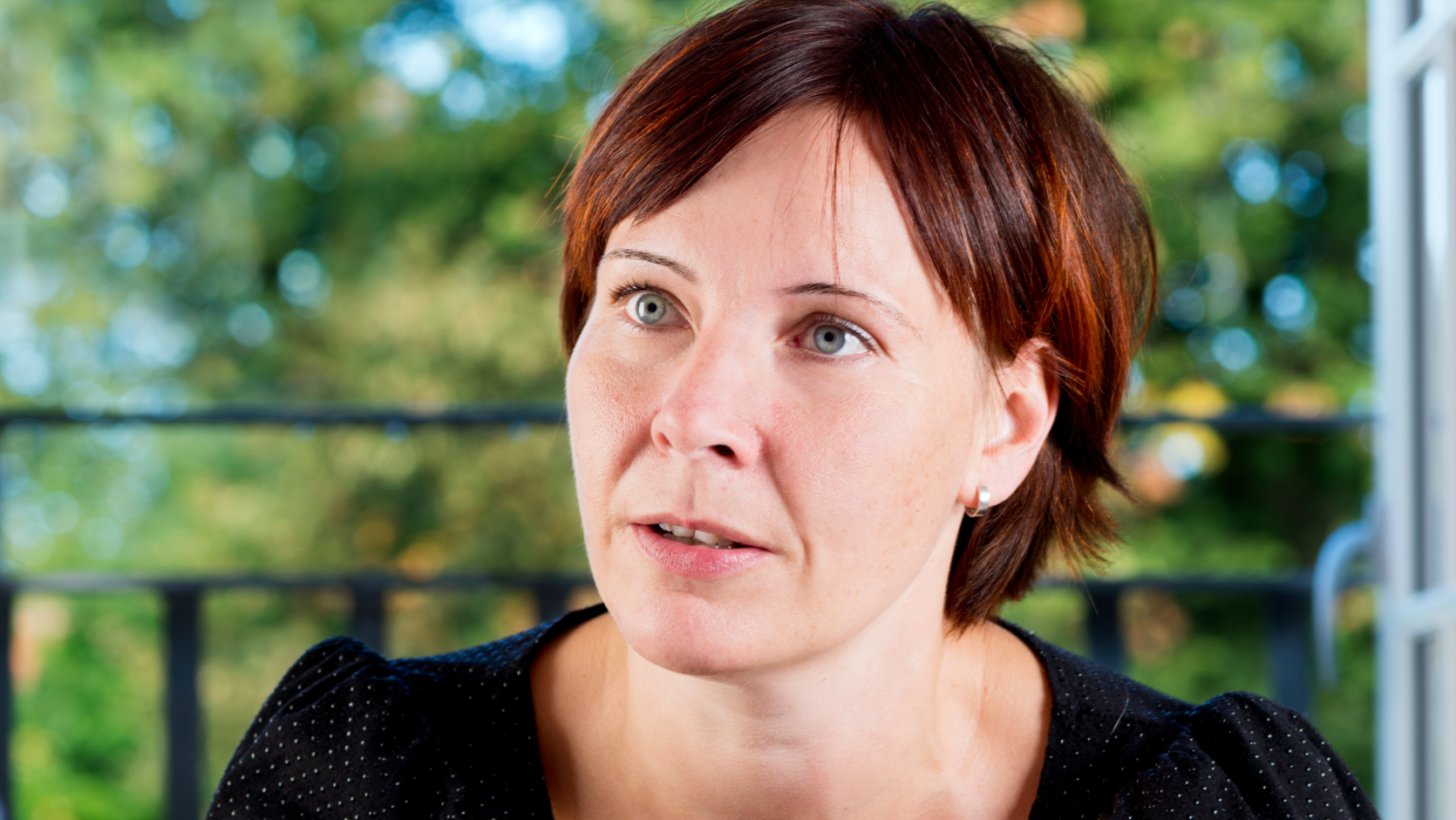The Facts
Passenger sues airline following mid-flight incident
A case heard in the NSW Supreme Court in 2015 concerned a Sydney woman who suffered a mishap in 2012 during a flight to Europe. A flight attendant accidentally spilt hot tea on the passenger, causing her to jump up and twist sharply, sustaining a spinal injury.
The passenger sued the airline for damages, claiming that the incident caused her to sustain a severe back injury, requiring surgery for disc protrusion in her lower spine and leaving her with significant ongoing pain and disability.
Was the incident an “accident” leading to the passenger’s spinal injury?
The passenger and the airline agreed only on one detail: that hot tea had been spilt on the passenger by the flight attendant. The airline disputed all other aspects of the passenger’s claim.
It was up to the court to decide whether there was an “accident” during the flight to which the bodily injury sustained by the passenger was attributable; and whether any or all of the back injury suffered by the passenger after the flight was a consequence of that accident.














Expert commentary on the court's decision
Spinal injury not a consequence of tea-spilling incident
In the case Dibbs v Emirates [2015] NSWSC 1332, the judge accepted that the incident when hot tea was spilt on the passenger, Michelle Dibbs, was an “accident” as defined by the Montreal Convention, which has force of law in Australia.
However, he did not accept that the back injury Ms Dibbs suffered was a consequence of that incident or was aggravated by that incident. (For more information about back injuries please see Increased pressure on nurses leads to back injury, rotator cuff injury and tendonitis.)
Factors casting doubt on passenger's version of events
Several details served to cast doubt on the passenger’s version of events. One was that the report of the tea-spilling incident compiled by the crew during the flight referred only to the mild burn Ms Dibbs had sustained from the hot tea and made no mention of back pain.
Another was the five-day delay between the mid-flight incident and Ms Dibbs seeking medical help.
The judge noted, somewhat witheringly, that although Ms Dibbs had seen a number of doctors and medical specialists following the flight, “the first person independent of the plaintiff to record a complaint from her associating the tea incident with the injury… were the doctors the plaintiff consulted for the purposes of litigation.”
Passenger’s account of events seen as lacking credibility
The judge found the evidence of Ms Dibbs and her fiancé, who accompanied her on the flight, to be unreliable, stating: “the detail of significant events, such as how she fell after being splashed with tea, shifted under cross-examination like sands under the force of a strong current.”
Consequently, the passenger’s claim against the airline was dismissed. Furthermore, she was ordered to pay the airline’s legal costs, in addition to her own.